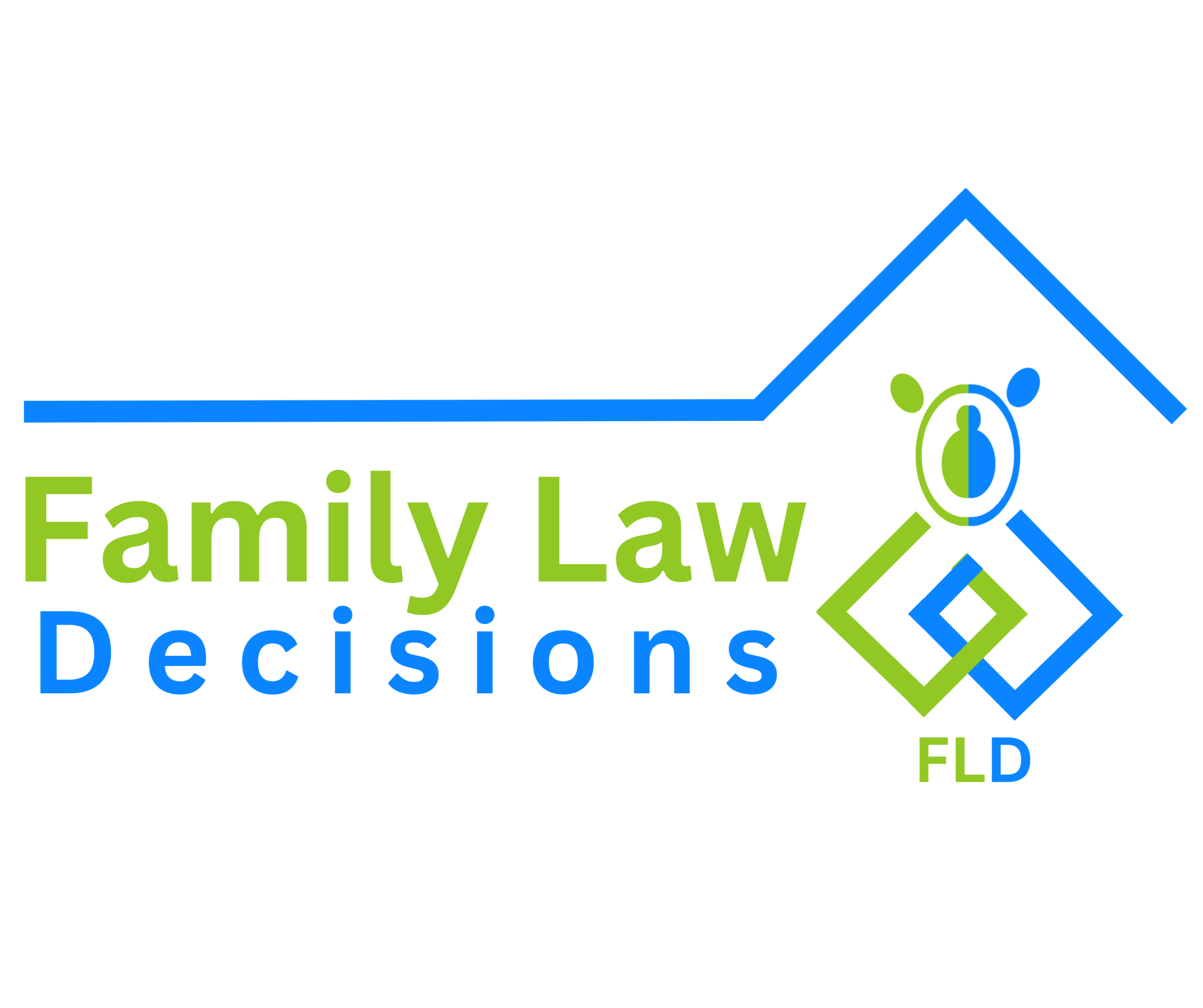We understand that if you’re not familiar with the field of family law, there is a lot of jargon and terminology to try and understand. And after all, you’re best equipped to approach your court case when you some knowledge of the process. That’s why we’ve put together a series of simple blog posts which cut through the complicated language and give you straightforward information in a number of areas. In this post, we’ll be looking at prohibited steps orders.
What is a prohibited steps order?
A prohibited steps order refers to a certain action, undertaken by one or both parents, which is not allowed by the courts. The order set out by the court deems that the parent may not undertake that action, in the interest of the child’s wellbeing. It may be made against anyone, regardless of whether they have parental responsibility.
An order can be made under a number of conditions, including: in the course of any family proceedings where a query arises in relation to a child’s welfare; on any free-standing or independent application; in combination with any another Children Act proceedings; with (or without) alerting the other parent.
When the courts are considering making a prohibited steps order, the first priority must always be the child’s welfare. Will the action being undertaken benefit the child, or is it potentially damaging to them? In the end, making the order must be considered to be more beneficial to the child. The court also takes into account the health, education and other welfare aspects of the child as part of this consideration.
Examples of where prohibited steps orders might be used:
- A parent trying to take a child out the jurisdiction (England & Wales)
- The removal of a child from the care of a particular parent
A prohibited steps order, set out by the court, can have the following results:
- Stopping a parent from allowing a child to have contact with a certain person
- Ensuring a child’s surname isn’t changed
- Making sure a parent doesn’t remove a child from the jurisdiction (England & Wales)
- Preventing the geographical relocation of the child within the country
There are however some restrictions in making prohibited steps orders.
For example, an order should not be made for a child over 16, or to have effect beyond the child’s 16th birthday – unless the case has a specific reason otherwise. This is however, very rare. Absolutely no order can continue past the point when the child turns 18 and into an adult.
An order should ideally be made to last for a certain and pre-defined period, for example while a child attends a certain school.



